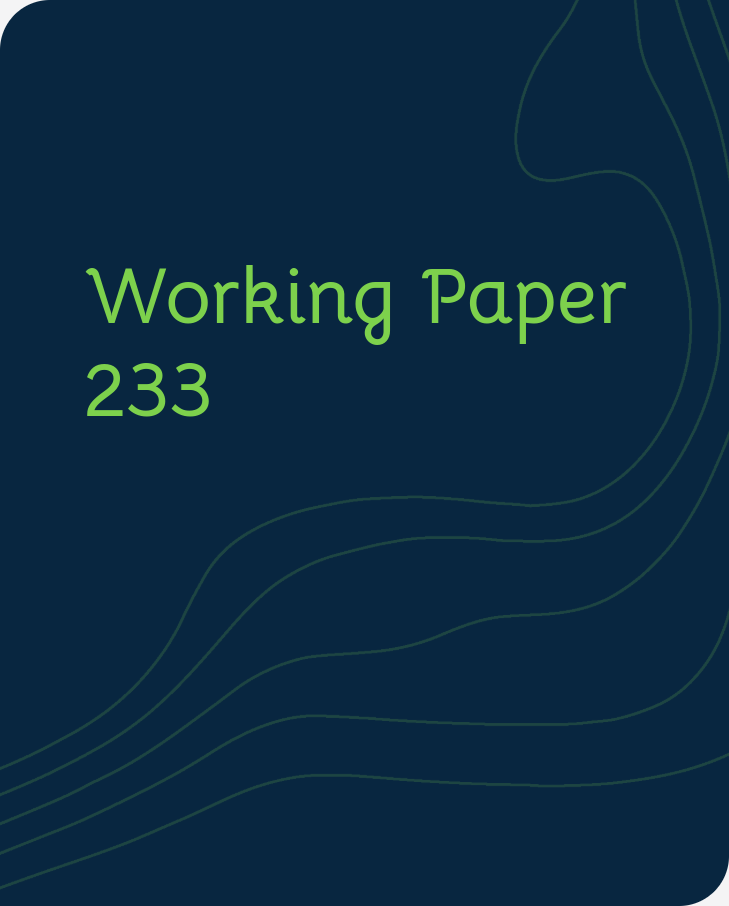Publication
Transition Report
Reform progress and transition indicators
Who we are
Overview: about the EBRDWho we are
Overview: about the EBRD
Learn about the EBRD's journey to investing more than €220 billion in over 7,800 projects.
What we do
Overview: how the EBRD operatesWhat we do
Overview: how the EBRD operates
Across three continents, the EBRD supports the transition to successful market economies.
Work with us
Overview: how you can work with the EBRDWork with us
Overview: how you can work with the EBRD
We draw on three decades of regional knowledge and financial expertise to tailor our products and approaches to each client's needs.
September, 2019

By Sergei Guriev, Nikita Melnikov and Ekaterina Zhuravskaya
How does the internet affect government approval? Using surveys of 840,537 individuals from 2,232 subnational regions in 116 countries in 2008-2017 from the Gallup World Poll and the global expansion of 3G networks, we show that an increase in internet access, on average, reduces government approval and increases the perception of corruption in government. This effect is present only when internet is not censored and is stronger when traditional media is. Actual incidence of corruption translates into higher corruption perception only in places covered by 3G. In Europe, the expansion of mobile internet increased vote shares of anti-establishment populist parties.
For media enquiries related to this working paper, please contact Ksenia Yakustidi, Media Adviser at the EBRD’s Office of the Chief Economist
YakustiK@ebrd.com
All Working Papers
The Working Paper series seeks to stimulate debate on transition in the EBRD regions.
